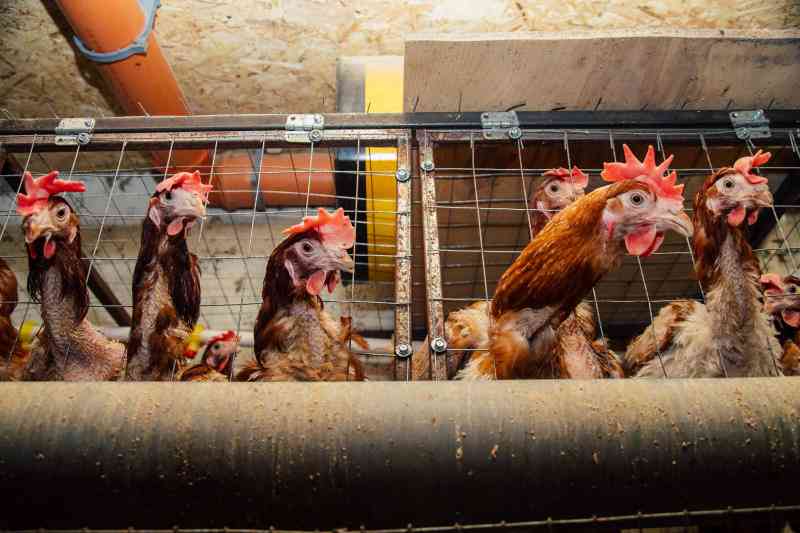
Commercial layer farming requires a high level of expertise, understanding and commitment to be successful. Whilst it's important to always emphasise the need for excellent flock stockmanship, something that comes with experience and aptitude, adopting the correct feeding system & housing will set a firm foundation for success. Here are 6 strategies for good egg production.
Water is by far the most critical nutrient in all production animals, yet it is the most ignored and or neglected component. 80% of the egg is composed of water. Good quality water should be clean, clear, fresh, tasteless, and free from contaminants and readily available all the time. Check and make sure the water is flowing through the nipple system, open automatic system and in the storage tanks. Treat your water regularly using chlorine or any other recommended disinfectant that is not harmful to the birds. Provide bell drinkers at a rate of 1 per 50 adult birds.